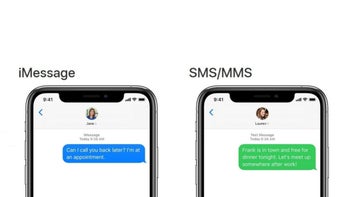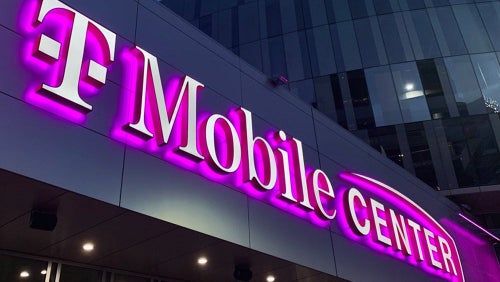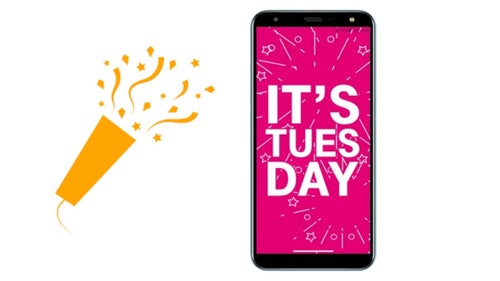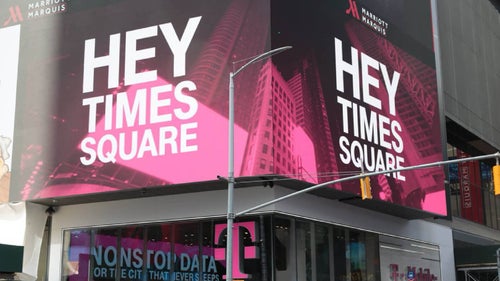New report explains why Apple is adding RCS support to the iPhone this year

Last November Apple might have delivered the second biggest surprise of the year (after Huawei introduced the Mate 60 Pro and its 5G Kirin 9000s SoC) by announcing that the iPhone would support Rich Communication Services (RCS) starting sometime during the second half of 2024. Google had this on its wish list for a long time and had run high-profile ads in Times Square asking Apple to support it.
The issue is that Apple considers the iMessage platform a major iPhone selling point even though Android users messaging via the Google Messages app get the same features such as read receipts, typing indicators, end-to-end encryption, the receipt of high-quality images, and longer messages. However, the problem for both platforms is that iPhone users receive these features only when chatting with other iPhone users, and Android users only get these features when messaging other RCS users on Android.
When there is cross-platform messaging taking place, it is done over old-school SMS text which limits the length of conversations and the images received are absolutely low-quality at best. If you're an Android user and have received a video from your friend or family member with an iPhone, you'll know exactly what we are referring to. But once Apple starts supporting RCS, those in the midst of a cross-platform chat will be able to see high-quality images, read receipts, typing indicators, and longer messages.


The only difference is that Apple doesn't want to support Google's end-to-end encryption extension used only in chats between Google Messages users. Apple instead wants the GSMA Standards Body to add encryption to the RCS Universal Profile.
So why did Apple finally give in and support RCS? The answer, according to John Gruber writing in Daring Fireball, has to do with China. Some might have thought that the European Union's Digital Markets Act (DMA) was responsible. After all, the latter forced Apple next month to allow iPhone users in the 27 EU member states to sideload apps, use alternative browser engines on the iPhone, let developers link their apps to alternative in-app payment platforms, and more.
But the real culprit is China which is the largest smartphone market in the world and one where Apple is now battling a reinvigorated Huawei. According to Gruber, the issue is a new law that is being considered in China that would force all new 5G phones to support RCS. And Apple, always acutely aware of who is buttering its bread, feels like it must get its ducks in a row in anticipation of the new law.










Things that are NOT allowed: